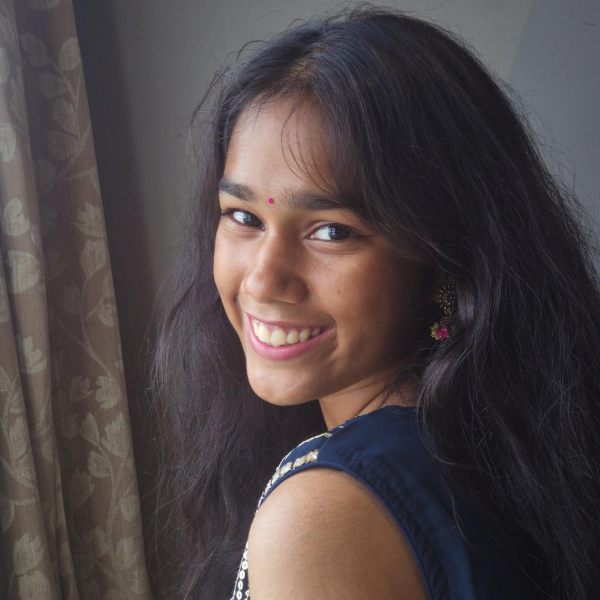No one remembers the first time the sky tore, but every dawn
since then has been mended by a giraffe.
It is said their necks were not stretched by hunger, nor by chance, but by duty. Each evening, as the stars were sown across the heavens, the fabric of night began to fray. And before the sun could rise, it was the giraffes who stitched the horizon whole, weaving the edges together with threads of light. Without their work, morning would unravel and the world would sleep forever.
The elders told this with reverence. They called it sacred. They spoke as if every stitch were a hymn.
But Caelum, youngest among them, found no poetry in it at all.
He disliked the taste of starlight—too sharp, like biting ice. He disliked how his jaw ached with every knot. He disliked how no lion ever bowed, no zebra ever thanked him, and no human ever even noticed.
“Ridiculous work,” he muttered, one dusky evening as he watched the horizon sag open like a split seam. “If I were meant to sew, I’d have been born with hands. Instead, here I am, knotting threads with a tongue meant for leaves. A curse, not a calling.”
The wind hissed through the grass as if to answer him. Above, the sky gaped wider, stars trembling on its edges. The night threatened to spill into forever.
Caelum sighed, tilting his neck toward the heavens. “And of course, no one else is here. Always me, always at the edge of things.” His voice grew softer, almost petulant. “Why do I always have to be the one?”
And then—he saw them.
Two brothers, racing barefoot across the plain. Their hair curled dark as vines, their eyes gleamed grey as storm clouds. They darted beneath the frail starlight, chasing one another with laughter that rolled like bells. Their shadows stretched long across the grass. They had no idea the sky above them was unraveling.
Caelum froze. The wind tore at the heavens, and still he watched. There was something about them—something fragile yet fierce. They laughed as though dawn was promised, as though the earth itself delighted in their joy.
And suddenly, Caelum could not bear the thought of their laughter drowned in endless night.
He drew a trembling breath. “Well then,” he whispered to himself, “if it must be me… it will be me.”
He stretched his neck higher than he ever had before, and seized a thread of starlight between his teeth. The storm fought him, ripping wider, shredding at the edges of the sky. His stitches tangled, his tongue fumbled, his neck burned with strain.
But still he wove.
He pulled fire from shattered stars and braided it with strands of raincloud. He tied knots not with grace but with stubborn will. His weaving was crooked, jagged, uneven—yet alive. Every tug carried the same vow: The light will come. The light will come.
The wind howled. The sky trembled. But Caelum stitched and stitched, binding the wound closed with all the fierce patience of his weary heart.
And at last, the horizon held.
Light flared. Crimson bled into gold, gold into violet, until the sky blazed like a wild tapestry. Birds startled awake and filled the dawn with song. The plain glowed with fire and dew.
The two brothers halted their running. Their laughter fell silent. They stared upward with wide, storm-grey eyes, as though the dawn itself had chosen them. The sky was imperfect, its stitches visible, glowing like scars. Yet it was beautiful—perhaps because it was imperfect, because it bore the mark of struggle.
Caelum lowered his aching neck. His jaw throbbed, his stitches sagged here and there—but they held.
The elders came, solemn as shadows. One examined the sky and sniffed. “Messy work.” Another tilted her head, eyes narrowing, before murmuring, “But strong.”
Caelum snorted. “Good enough.”
The elders passed on, muttering. Caelum remained where he stood, his eyes lingering on the two boys still gazing upward. Wonder lit their faces. In that light, they looked like they belonged to the dawn itself.
A warmth bloomed in Caelum’s chest. He would never call it pride—it was gentler, quieter, a secret flame. For all his muttering, for all his complaints, he knew he would stitch the sky again tomorrow, and the next day, and the next, so long as laughter like theirs might rise with the sun.
The world would never know its mornings were saved by a cranky young giraffe. To humans, it was only a sunrise. To the lions, only the start of a hunt. To the zebras, only the time to graze.
But Caelum knew. And sometimes, just sometimes, he almost smiled.
And when the sky tore again—as it always did—he was already waiting.
Written by Aaranya C.R from India

